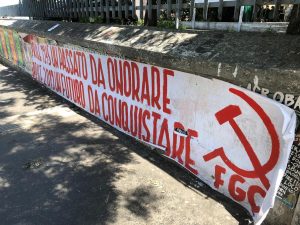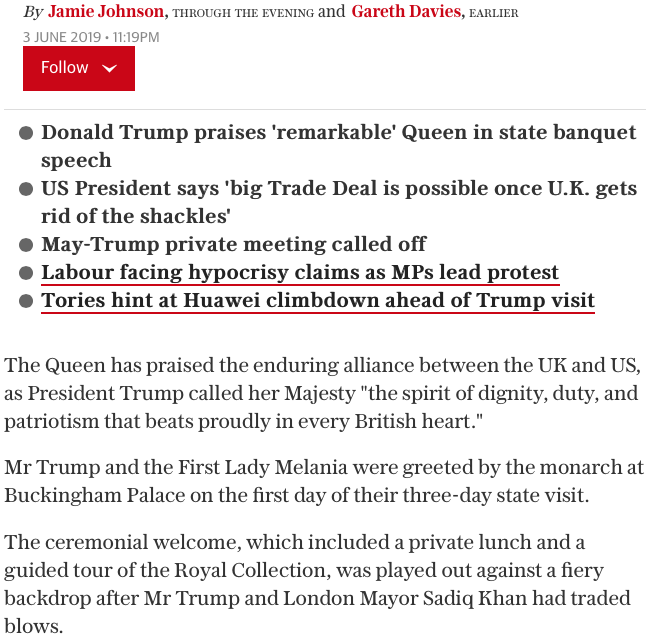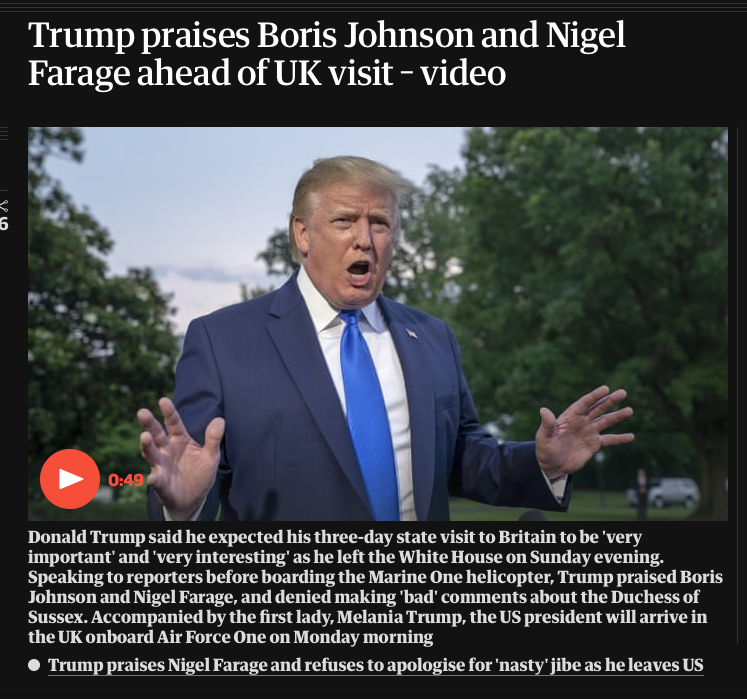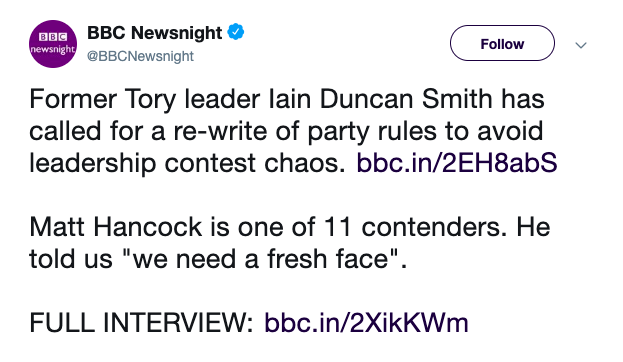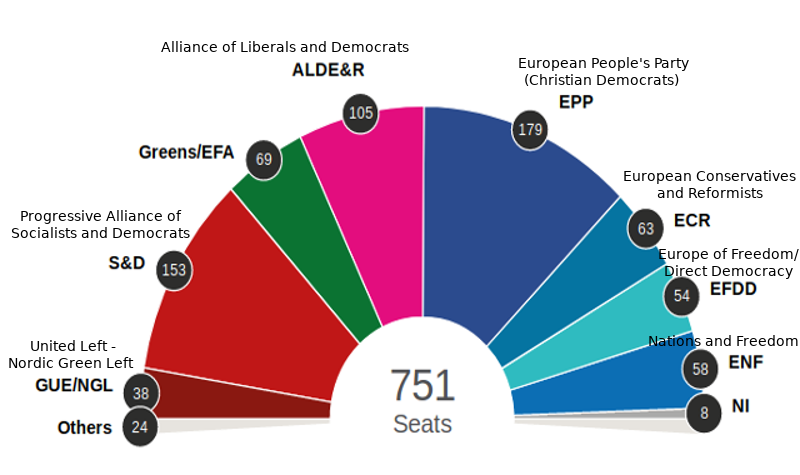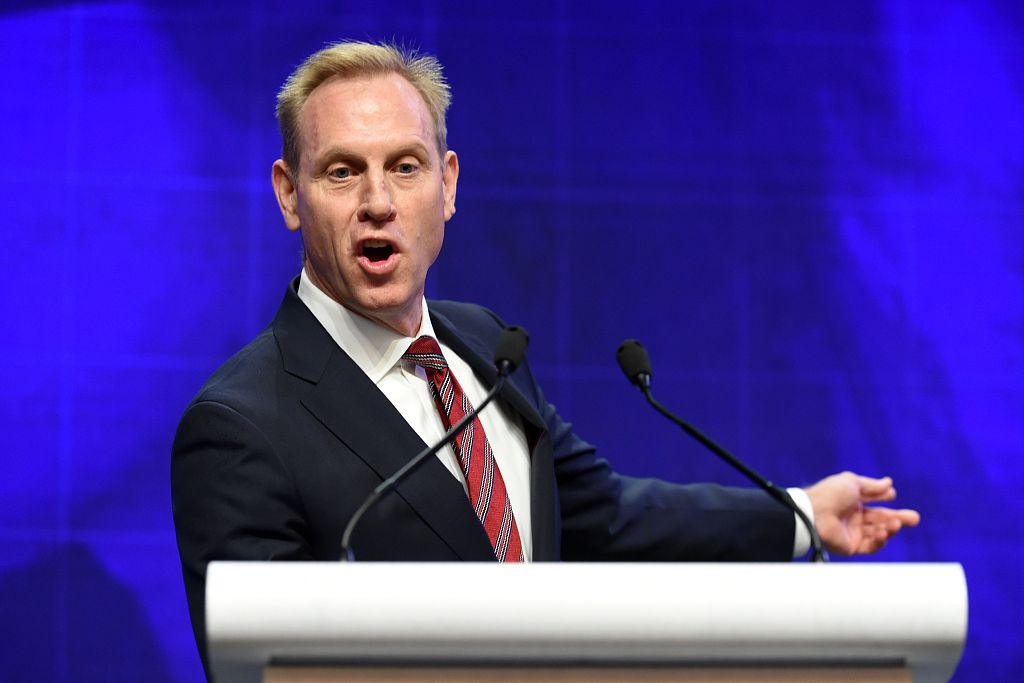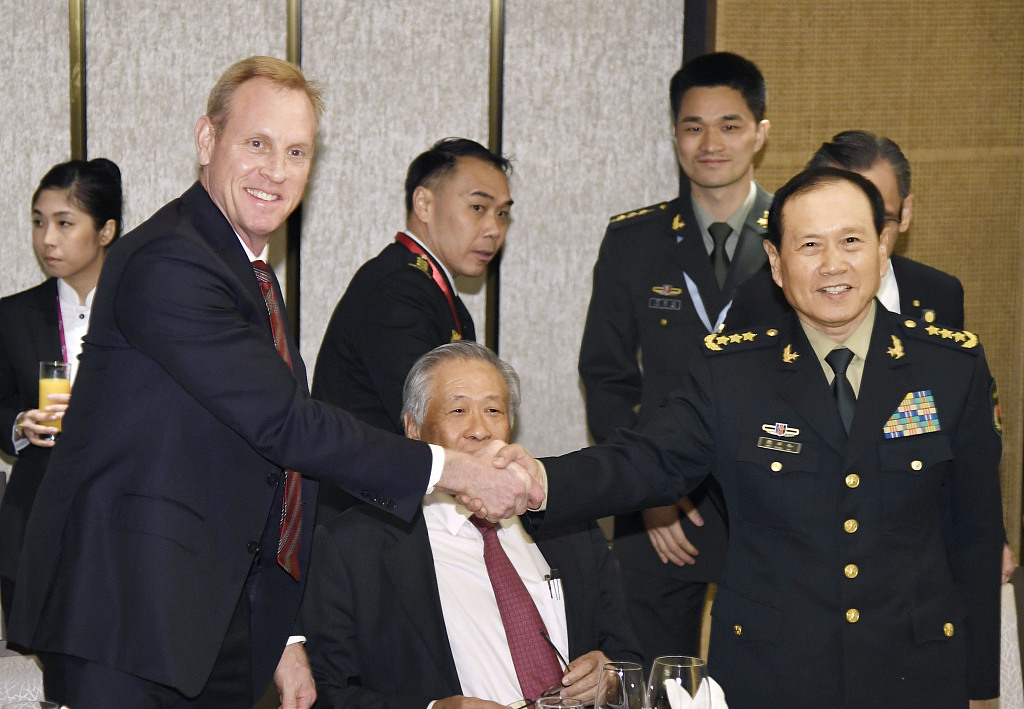Três italianos foram convidados este ano para a reunião do grupo Bilderberg, realizada em Montreux, na Suíça, de 30 de Maio a 2 de Junho. Ao lado de Lilli Gruber, a apresentadora televisiva do La7, agora convidada permanente do Bilderberg, foi convidado outro jornalista: Stefano Feltri, Vice-Director do ‘Fatto Quotidiano’, dirigido por Marco Travaglio. O “terceiro homem” escolhido pelo Bilderberg é Matteo Renzi, senador do Partido Democrata, antigo Presidente do Conselho.
O grupo Bilderberg, constituído formalmente em 1954, por iniciativa de “cidadãos eminentes” europeus e americanos, foi na verdade criado pela CIA e pelo serviço secreto britânico MI6 para apoiar a NATO contra a URSS. Após a Guerra Fria, manteve a mesma função de apoio à estratégia USA/NATO.
Às suas reuniões são convidados a participar todos os anos, quase exclusivamente da Europa Ocidental e dos Estados Unidos, cerca de 130 representantes do mundo político, económico e militar, dos meios de comunicação mediática de destaque e dos serviços secretos, que participam formalmente a título pessoal. Reúnem-se à porta fechada, cada ano num país diferente, em hotéis de luxo blindados por sólidos sistemas de segurança militar. Não é admitido nenhum jornalista ou observador, nem é publicado qualquer comunicado. Os participantes estão sujeitos à regra do silêncio: não podem sequer revelar a identidade dos oradores que lhes forneceram certas informações (perante a proclamada “transparência”). Só sabemos que este ano falaram principalmente da Rússia e da China, de sistemas espaciais, de uma ordem estratégica estável, do futuro do capitalismo. As presenças mais destacadas eram, como de costume, as dos Estados Unidos:
Henry Kissinger, “figura histórica” do grupo ao lado do banqueiro David Rockfeller (fundador de Bilderberg e da Trilateral, falecido em 2017); Mike Pompeo, antigo Director da CIA e actual Secretário de Estado; David Petraeus, Antigo General da CIA [3]; Jared Kushner, Conselheiro (e genro) do Presidente Trump para o Médio Oriente e amigo íntimo do Primeiro Ministro israelita Netanyahu. A estes segue-se Jens Stoltenberg, Secretário Geral da NATO, que recebeu um segundo mandato pelos serviços aos EUA.
Durante quatro dias, em reuniões secretas multilaterais e bilaterais, esses e outros representantes das grandes potências (abertas e ocultas) do Ocidente, fortaleceram e expandiram a rede de contactos que lhes permite influenciar as políticas governamentais e a opinião pública.
Os resultados são visíveis. No “Fatto Quotidiano”, Stefano Feltri defende o grupo Bilderberg explicando que as suas reuniões são realizadas à porta fechada “para criar um contexto de debate franco e aberto, precisamente porque não é institucional”, e expõe “os múltiplos teóricos da conspiração” que espalham “lendas” sobre o grupo Bilderberg e também sobre a Comissão Trilateral.
Não diz que, entre “os múltiplos teóricos da conspiração”, está o Magistrado Ferdinando Imposimato, Presidente Honorário do Supremo Tribunal de Cassação (falecido em 2018), que resumiu, assim, o resultado das investigações realizadas: “O grupo Bilderberg é um dos responsáveis da estratégia de tensão e, portanto, também dos massacres” a partir do sucedido na Piazza Fontana, em concerto com a CIA e com os serviços secretos italianos, com a Gladio e com os grupos neofascistas, com a P2 e com as lojas maçónicas USA, nas bases da NATO.”
Neste prestigiado clube também foi admitido Matteo Renzi. Excluindo que o convidaram pelos seus dotes de analista, resta a hipótese de que os poderosos de Bilderberg estão a preparar, de maneira oculta, algumas operações políticas em Itália. Pedimos desculpa a Feltri de nos juntarmos também aos “múltiplos teóricos da conspiração”.
Manlio Dinucci
Artigo original em italiano :
Le lunghe mani del gruppo Bildenberg
ilmanifesto.it
Tradutora: Maria Luísa de Vasconcellos
BILDERBERG MEETING 2019
Montreux, 30 May – 2 June 2019
BOARD
Castries, Henri de (FRA), Chairman, Steering Committee; Chairman, Institut Montaigne
Kravis, Marie-Josée (USA), President, American Friends of Bilderberg Inc.; Senior Fellow, Hudson Institute
Halberstadt, Victor (NLD), Chairman Foundation Bilderberg Meetings; Professor of Economics, Leiden University
Achleitner, Paul M. (DEU), Treasurer Foundation Bilderberg Meetings; Chairman Supervisory Board, Deutsche Bank AG
PARTICIPANTS
Abrams, Stacey (USA), Founder and Chair, Fair Fight
Adonis, Andrew (GBR), Member, House of Lords
Albers, Isabel (BEL), Editorial Director, De Tijd / L’Echo
Altman, Roger C. (USA), Founder and Senior Chairman, Evercore
Arbour, Louise (CAN), Senior Counsel, Borden Ladner Gervais LLP
Arrimadas, Inés (ESP), Party Leader, Ciudadanos
Azoulay, Audrey (INT), Director-General, UNESCO
Baker, James H. (USA), Director, Office of Net Assessment, Office of the Secretary of Defense
Balta, Evren (TUR), Associate Professor of Political Science, Özyegin University
Barbizet, Patricia (FRA), Chairwoman and CEO, Temaris & Associés
Barbot, Estela (PRT), Member of the Board and Audit Committee, REN (Redes Energéticas Nacionais)
Barroso, José Manuel (PRT), Chairman, Goldman Sachs International; Former President, European Commission
Barton, Dominic (CAN), Senior Partner and former Global Managing Partner, McKinsey & Company
Beaune, Clément (FRA), Adviser Europe and G20, Office of the President of the Republic of France
Boos, Hans-Christian (DEU), CEO and Founder, Arago GmbH
Bostrom, Nick (UK), Director, Future of Humanity Institute, Oxford University
Botín, Ana P. (ESP), Group Executive Chair, Banco Santander
Brandtzæg, Svein Richard (NOR), Chairman, Norwegian University of Science and Technology
Brende, Børge (NOR), President, World Economic Forum
Buberl, Thomas (FRA), CEO, AXA
Buitenweg, Kathalijne (NLD), MP, Green Party
Caine, Patrice (FRA), Chairman and CEO, Thales Group
Carney, Mark J. (GBR), Governor, Bank of England
Casado, Pablo (ESP), President, Partido Popular
Ceviköz, Ahmet Ünal (TUR), MP, Republican People’s Party (CHP)
Champagne, François Philippe (CAN), Minister of Infrastructure and Communities
Cohen, Jared (USA), Founder and CEO, Jigsaw, Alphabet Inc.
Croiset van Uchelen, Arnold (NLD), Partner, Allen & Overy LLP
Daniels, Matthew (USA), New space and technology projects, Office of the Secretary of Defense
Davignon, Etienne (BEL), Minister of State
Demiralp, Selva (TUR), Professor of Economics, Koç University
Donohoe, Paschal (IRL), Minister for Finance, Public Expenditure and Reform
Döpfner, Mathias (DEU), Chairman and CEO, Axel Springer SE
Ellis, James O. (USA), Chairman, Users’ Advisory Group, National Space Council
Feltri, Stefano (ITA), Deputy Editor-in-Chief, Il Fatto Quotidiano
Ferguson, Niall (USA), Milbank Family Senior Fellow, Hoover Institution, Stanford University
Findsen, Lars (DNK), Director, Danish Defence Intelligence Service
Fleming, Jeremy (GBR), Director, British Government Communications Headquarters
Garton Ash, Timothy (GBR), Professor of European Studies, Oxford University
Gnodde, Richard J. (IRL), CEO, Goldman Sachs International
Godement, François (FRA), Senior Adviser for Asia, Institut Montaigne
Grant, Adam M. (USA), Saul P. Steinberg Professor of Management, The Wharton School, University of Pennsylvania
Gruber, Lilli (ITA), Editor-in-Chief and Anchor «Otto e mezzo», La7 TV
Hanappi-Egger, Edeltraud (AUT), Rector, Vienna University of Economics and Business
Hedegaard, Connie (DNK), Chair, KR Foundation; Former European Commissioner
Henry, Mary Kay (USA), International President, Service Employees International Union
Hirayama, Martina (CHE), State Secretary for Education, Research and Innovation
Hobson, Mellody (USA), President, Ariel Investments LLC
Hoffman, Reid (USA), Co-Founder, LinkedIn; Partner, Greylock Partners
Hoffmann, André (CHE), Vice-Chairman, Roche Holding Ltd.
Jordan, Jr., Vernon E. (USA), Senior Managing Director, Lazard Frères & Co. LLC
Jost, Sonja (DEU), CEO, DexLeChem
Kaag, Sigrid (NLD), Minister for Foreign Trade and Development Cooperation
Karp, Alex (USA), CEO, Palantir Technologies
Kerameus, Niki K. (GRC), MP; Partner, Kerameus & Partners
Kissinger, Henry A. (USA), Chairman, Kissinger Associates Inc.
Koç, Ömer (TUR), Chairman, Koç Holding A.S.
Kotkin, Stephen (USA), Professor in History and International Affairs, Princeton University
Kramp-Karrenbauer, Annegret (DEU), Leader, CDU
Krastev, Ivan (BUL), Chairman, Centre for Liberal Strategies
Kravis, Henry R. (USA), Co-Chairman and Co-CEO, Kohlberg Kravis Roberts & Co.
Kristersson, Ulf (SWE), Leader of the Moderate Party
Kudelski, André (CHE), Chairman and CEO, Kudelski Group
Kushner, Jared (USA), Senior Advisor to the President, The White House
Le Maire, Bruno (FRA), Minister of Finance
Leyen, Ursula von der (DEU), Federal Minister of Defence
Leysen, Thomas (BEL), Chairman, KBC Group and Umicore
Liikanen, Erkki (FIN), Chairman, IFRS Trustees; Helsinki Graduate School of Economics
Lund, Helge (GBR), Chairman, BP plc; Chairman, Novo Nordisk AS
Maurer, Ueli (CHE), President of the Swiss Federation and Federal Councillor of Finance
Mazur, Sara (SWE), Director, Investor AB
McArdle, Megan (USA), Columnist, The Washington Post
McCaskill, Claire (USA), Former Senator; Analyst, NBC News
Medina, Fernando (PRT), Mayor of Lisbon
Micklethwait, John (USA), Editor-in-Chief, Bloomberg LP
Minton Beddoes, Zanny (GBR), Editor-in-Chief, The Economist
Monzón, Javier (ESP), Chairman, PRISA
Mundie, Craig J. (USA), President, Mundie & Associates
Nadella, Satya (USA), CEO, Microsoft
Netherlands, His Majesty the King of the (NLD)
Nora, Dominique (FRA), Managing Editor, L’Obs
O’Leary, Michael (IRL), CEO, Ryanair D.A.C.
Pagoulatos, George (GRC), Vice-President of ELIAMEP, Professor; Athens University of Economics
Papalexopoulos, Dimitri (GRC), CEO, TITAN Cement Company S.A.
Petraeus, David H. (USA), Chairman, KKR Global Institute
Pienkowska, Jolanta (POL), Anchor woman, journalist
Pottinger, Matthew (USA), Senior Director, National Security Council
Pouyanné, Patrick (FRA), Chairman and CEO, Total S.A.
Ratas, Jüri (EST), Prime Minister
Renzi, Matteo (ITA), Former Prime Minister; Senator, Senate of the Italian Republic
Rockström, Johan (SWE), Director, Potsdam Institute for Climate Impact Research
Rubin, Robert E. (USA), Co-Chairman Emeritus, Council on Foreign Relations; Former Treasury Secretary
Rutte, Mark (NLD), Prime Minister
Sabia, Michael (CAN), President and CEO, Caisse de dépôt et placement du Québec
Sanger, David E. (USA), National Security Correspondent, The New York Times
Sarts, Janis (INT), Director, NATO StratCom Centre of Excellence
Sawers, John (GBR), Executive Chairman, Newbridge Advisory
Schadlow, Nadia (USA), Senior Fellow, Hudson Institute
Schmidt, Eric E. (USA), Technical Advisor, Alphabet Inc.
Scholten, Rudolf (AUT), President, Bruno Kreisky Forum for International Dialogue
Seres, Silvija (NOR), Independent Investor
Shafik, Minouche (GBR), Director, The London School of Economics and Political Science
Sikorski, Radoslaw (POL), MP, European Parliament
Singer, Peter Warren (USA), Strategist, New America
Sitti, Metin (TUR), Professor, Koç University; Director, Max Planck Institute for Intelligent Systems
Snyder, Timothy (USA), Richard C. Levin Professor of History, Yale University
Solhjell, Bård Vegar (NOR), CEO, WWF – Norway
Stoltenberg, Jens (INT), Secretary General, NATO
Suleyman, Mustafa (GBR), Co-Founder, Deepmind
Supino, Pietro (CHE), Publisher and Chairman, Tamedia Group
Teuteberg, Linda (DEU), General Secretary, Free Democratic Party
Thiam, Tidjane (CHE), CEO, Credit Suisse Group AG
Thiel, Peter (USA), President, Thiel Capital
Trzaskowski, Rafal (POL), Mayor of Warsaw
Tucker, Mark (GBR), Group Chairman, HSBC Holding plc
Tugendhat, Tom (GBR), MP, Conservative Party
Turpin, Matthew (USA), Director for China, National Security Council
Uhl, Jessica (NLD), CFO and Exectuive Director, Royal Dutch Shell plc
Vestergaard Knudsen, Ulrik (DNK), Deputy Secretary-General, OECD
Walker, Darren (USA), President, Ford Foundation
Wallenberg, Marcus (SWE), Chairman, Skandinaviska Enskilda Banken AB
Wolf, Martin H. (GBR), Chief Economics Commentator, Financial Times
Zeiler, Gerhard (AUT), Chief Revenue Officer, WarnerMedia
Zetsche, Dieter (DEU), Former Chairman, Daimler AG
Temas abordados:
1 – A ordem estratégica estável.
2 – O que se segue na Europa?
3 – Mudança Climática e Sustentabilidade.
4 – China.
5 – Rússia.
6 – O futuro do capitalismo.
7 – O Brexit.
8 – A ética da Inteligência Artificial.
9 – O armamento (weaponization) dos meios de comunicação mediática.
10 – A importância do Espaço.
11 – Ameaças cibernéticas.


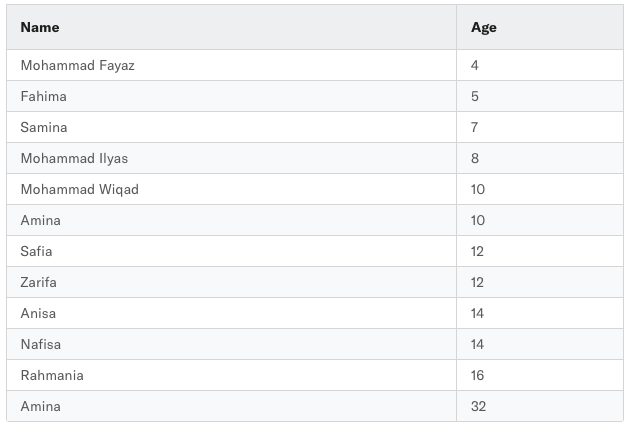





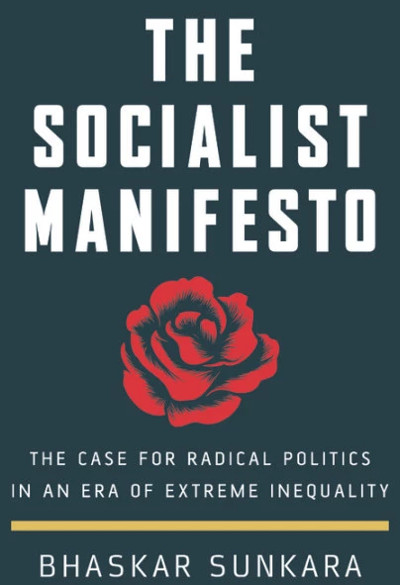














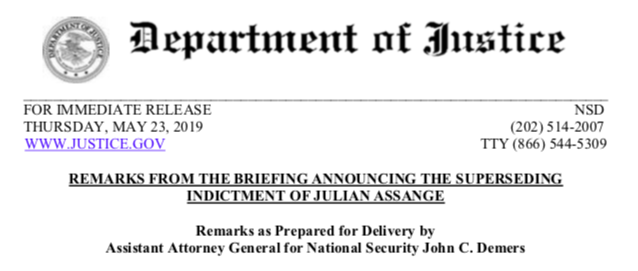
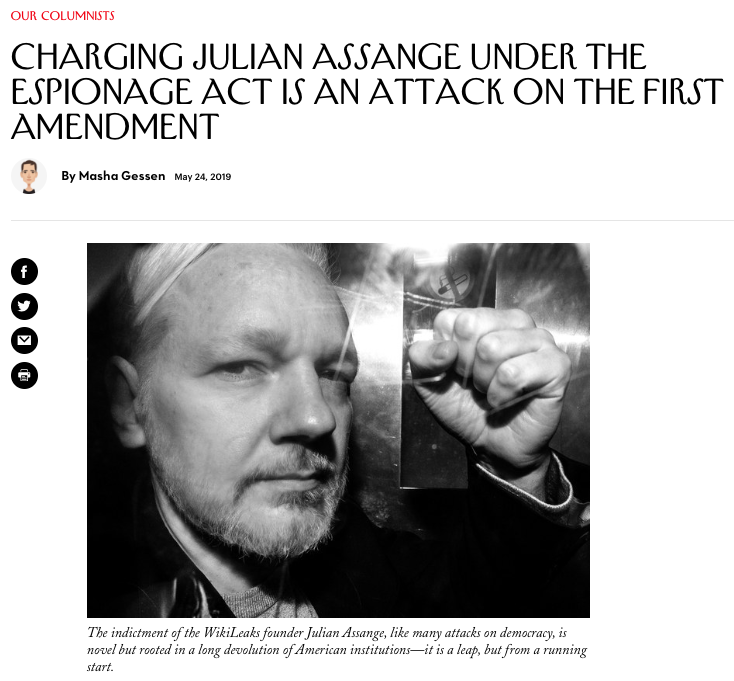

![ACSH outreach … We had some money set aside for IARC and should go ahead and make a contribution.…[T]hey need continued support. They had DOZENS of pro-GMO and glyphosate postings last year.](https://cdn3.ewg.org/sites/default/files/u352/EWG_MonsantoEmails-1_C01.jpg)
![lot of supporters and can’t afford to lose the few we have…. [T]hey have PLENTY of warts – but: You WILL NOT GET A BETTER VALUE FOR YOUR DOLLAR than ACSH.](https://cdn3.ewg.org/sites/default/files/u352/EWG_MonsantoEmails-2_C01.jpg)



